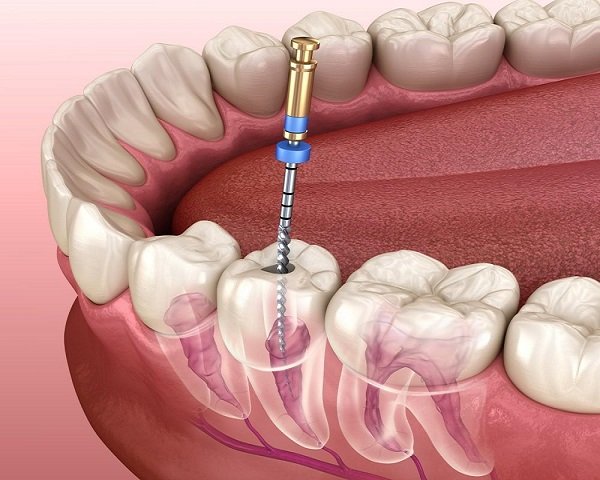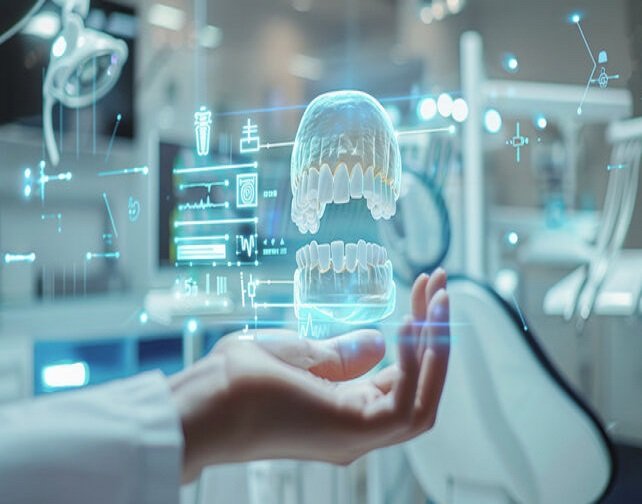Does your wisdom tooth need to be removed?
Have the ‘wisdom’ to get them checked
Wisdom teeth are notorious for being troublesome and largely account for unbearable dental pain. Although termed ‘wisdom’ (to indicate a person obtaining maturity when they erupt), they may not be so intelligent after all. Most often, they erupt in peculiar angles and positions which gives rise to a variety of dental problems, often necessitating their surgical removal.
What are wisdom teeth?
Wisdom teeth or the third molars are the last set of molars to erupt in the mouth. They usually erupt between the ages of 17 to 21 years and are the backmost teeth present in our mouth.

What are the issues with wisdom teeth?
Wisdom teeth are associated with a number of complications that frequently demand their surgical removal from the mouth. One of the most commonly occurring complications with wisdom teeth is impaction, which refers to a situation where the tooth is not erupted completely or in proper alignment. As wisdom teeth are the last ones to erupt in our mouth, most of the time there isn’t enough room for them to align themselves properly, which usually results in them erupting in an angle or getting stuck. While some impacted teeth can function harmlessly, a lot of them cause major hassles like food debris/plaque build-up, decay or gum and soft tissue infections. The image below depicts the different angles in which the wisdom tooth can erupt.

When do we need to remove them?
Wisdom teeth removal is recommended when the existing situation cannot be resolved with medications or conservative treatment choices. If a wisdom tooth is impacted but isn’t causing any issue, it might not require removal. However, certain inevitable situations that warrant the surgical removal of wisdom teeth are:
- Severe decay (dental caries)
- Infection around the soft tissues of the tooth – pericoronitis
- Gum disease
- Abscess/Cellulitis
- Cysts and benign growths around the tooth
Procedure for surgical removal:
The procedure for removal of wisdom teeth is usually performed by a specialist surgeon under anesthesia. The surgical extraction of wisdom teeth is slightly more elaborate than a normal tooth removal. The procedure depends on a lot of parameters like the angulation of the tooth, the amount of bone and soft tissue covering and the surrounding vital anatomical structures.
The surgery usually entails the following steps:
Incision and flap reflection: a small cut is made in the surrounding gums and soft tissues to gain access to the underlying bone and tooth.
↓Bone cutting: if the impacted tooth is entrapped underneath the jaw bone, the bone covering it may be cut before removing the tooth.
↓Tooth sectioning: the tooth may require sectioning into smaller pieces to facilitate easy removal, depending on its angulation.
↓Tooth luxation and extraction: the tooth is forced out of its socket with special instruments and removed.
↓Suturing: once the tooth is eliminated, the soft tissue covering is approximated to close the hollow wound with stitches. In most cases, dissolvable sutures are used which disappear within two-three weeks' time.
What can you expect after the surgery?
You can expect a few minor complications such as swelling, reduced mouth opening and tenderness. In certain cases, there can be temporary tingling or numbness in the lower lip or chin. Another possible complication includes infection of the tooth socket or ‘dry socket’ which results in a dull, aching pain. However, most patients recover fully within a week to ten days.
A few precautions that need to be taken after the surgery are to avoid:
rinsing with any hot liquids
accumulation of food debris in the extraction site
drinking hot liquids like soup/tea
smoking and alcohol consumption
strenuous physical activity
Although some situations can be fixed with medications or routine treatments, most conditions involving an impacted wisdom tooth can only be resolved by permanent removal. So, the takeaway message would be to do the ‘wise’ thing and get them checked.













